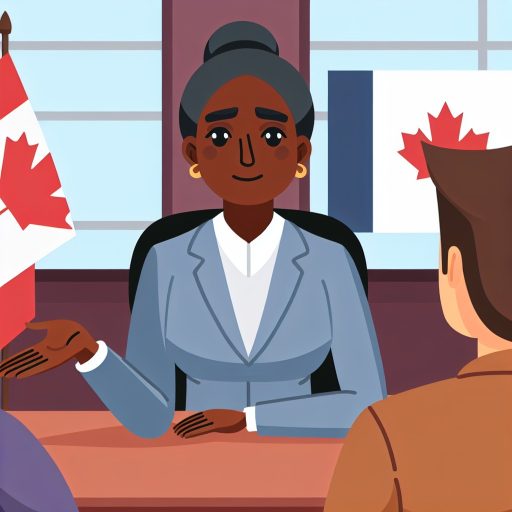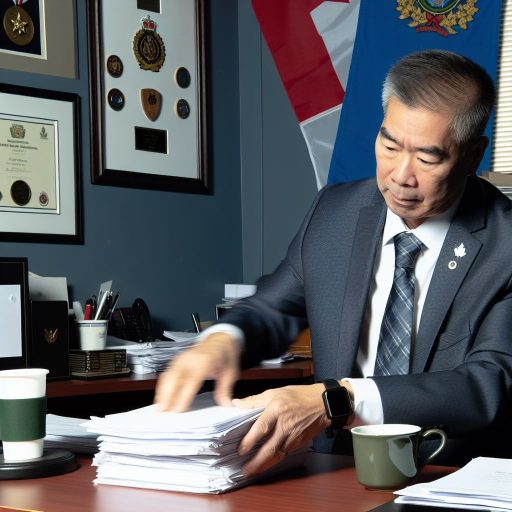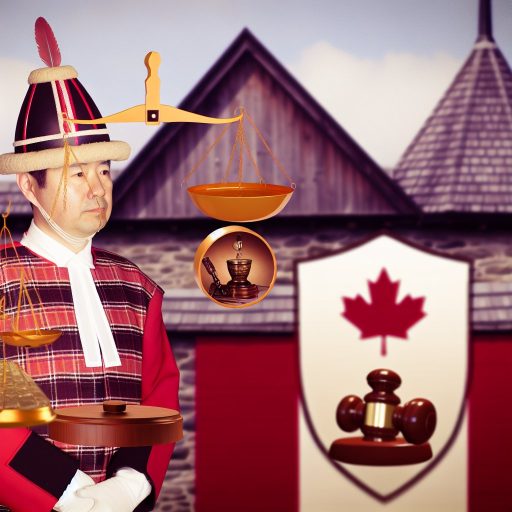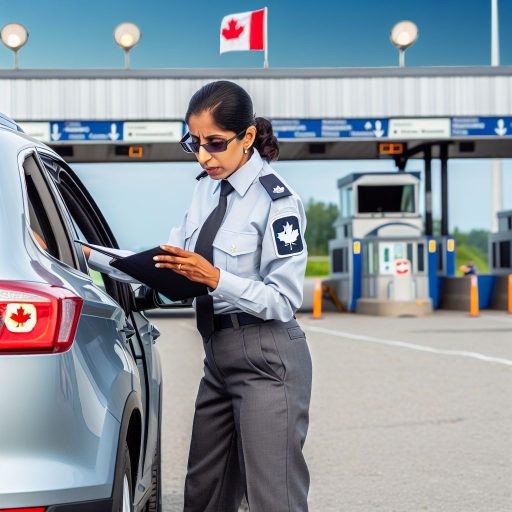Overview of the Role of a Veterans Affairs Officer in Canada
A Veterans Affairs Officer plays a crucial role in supporting Canadian veterans.
This position involves assisting veterans in navigating their benefits.
Moreover, they offer guidance on various health care services available to veterans.
Key Responsibilities
Veterans Affairs Officers manage claims for various benefits and services.
They assess the needs of veterans and recommend appropriate resources.
Additionally, they advocate for veterans’ rights and welfare.
Officers often collaborate with other organizations focused on veteran support.
Skills Required
Effective communication skills are vital for a Veterans Affairs Officer.
They must demonstrate empathy when interacting with veterans.
Problem-solving abilities are essential to address diverse veteran needs.
Understanding policies and legislation regarding veterans’ services is crucial.
Work Environment
Veterans Affairs Officers typically work in government offices.
They may also engage in community outreach programs.
This role often requires both desk work and field visits.
Officers may work with a variety of stakeholders and organizations.
Educational Requirements for Veterans Affairs Officers
Understanding the Role
Veterans Affairs Officers serve a vital role in supporting veterans.
Therefore, proper education is essential for success in this position.
Minimum Educational Qualifications
A bachelor’s degree is typically the minimum requirement.
Relevant fields of study include social work, psychology, or public administration.
Moreover, candidates often benefit from coursework in veteran affairs and social policy.
Advanced Education Opportunities
Advanced degrees can enhance a candidate’s qualifications.
Relevant Work Experience and Internships
Importance of Experience
Gaining relevant work experience is crucial for aspiring Veterans Affairs Officers.
This experience shapes your understanding of veterans’ needs and concerns.
Additionally, it enhances your skills in providing effective support to this community.
Types of Relevant Experience
Consider various types of experience when preparing for your career.
Unlock Your Career Potential
Visualize a clear path to success with our tailored Career Consulting service. Personalized insights in just 1-3 days.
Get StartedVolunteer positions in veteran organizations can offer significant insights.
Internships with government agencies provide practical knowledge of policies.
Volunteering Opportunities
Volunteering can open many doors for career advancement.
Organizations like the Royal Canadian Legion need dedicated volunteers.
These roles often involve assisting veterans directly.
- Participating in community events enhances outreach skills.
- Supporting fundraising initiatives builds organizational abilities.
- Networking with professionals in the field is highly beneficial.
Internship Experiences
Internships allow you to gain firsthand experience in a professional setting.
Look for placements within government departments that deal with veterans.
These may include the Department of Veterans Affairs or related agencies.
- Internships often lead to permanent positions after graduation.
- They provide exposure to real-life challenges faced by veterans.
- Moreover, they help you understand the bureaucratic processes involved.
Educational Background
Your educational background should align with your career goals.
Consider pursuing a degree in social work, psychology, or public administration.
These fields equip you with the necessary skills for effective advocacy.
Networking and Mentorship
Building a professional network is essential for career success.
Attend workshops and career fairs focused on veterans’ services.
Seek mentorship from experienced professionals in the field.
Such relationships often provide invaluable guidance and support.
Explore Further: Why Veterans Affairs Officers Matter in Canadian Society
Skills and Competencies Needed for the Role
Communication Skills
Effective communication is crucial for a Veterans Affairs Officer.
You must convey complex information clearly to veterans and their families.
Building rapport is essential for fostering trust and understanding.
Additionally, active listening plays a significant role in addressing concerns.
Empathy and Compassion
Veterans often face emotional challenges after service.
You need strong empathy to understand their experiences and needs.
Compassion allows you to provide support during difficult times.
Moreover, showing genuine care can make a noticeable difference.
Problem-Solving Abilities
As a Veterans Affairs Officer, you encounter diverse issues daily.
Your problem-solving skills help you navigate complex situations effectively.
Using critical thinking enables you to develop practical solutions.
Furthermore, collaboration with other professionals enhances resolution strategies.
Organizational Skills
Strong organizational skills are essential in this role.
You will manage multiple cases and maintain accurate records.
Efficient time management ensures you meet deadlines consistently.
Additionally, prioritizing tasks helps you focus on urgent needs.
Knowledge of Veteran Benefits and Legislation
Understanding veteran benefits is fundamental in this profession.
You should stay informed on relevant legislation and changes.
This knowledge allows you to advocate effectively on behalf of veterans.
Moreover, being resourceful connects veterans to essential resources.
Discover More: Role of Correctional Officers in Rehabilitation Programs
The Application Process for Veterans Affairs Positions
Understanding the Requirements
The first step in applying for a Veterans Affairs officer position is knowing the requirements.
Consider your educational background and work experience.
Typically, candidates need a degree in a related field.
Relevant work experience can also strengthen your application.
Preparing Your Application
Your application must be well-organized and thorough.
Start by gathering all required documents.
These may include your resume, cover letter, and transcripts.
Ensure each document highlights your relevant skills.
Tailor your cover letter to reflect your passion for supporting veterans.
Submitting Your Application
Once your application is prepared, it’s time to submit it.
Follow the instructions on the Veterans Affairs Canada website.
Pay close attention to deadlines for submissions.
Keep copies of everything you send for your records.
Preparing for Interviews
If selected, you’ll move on to the interview stage.
Research common interview questions for Veterans Affairs roles.
Practice your responses with a friend or mentor.
Demonstrating your commitment to veterans is crucial during the interview.
Following Up
After the interview, send a thank-you email to your interviewers.
Express gratitude for their time and consideration.
This small gesture can leave a positive impression.
Moreover, feel free to inquire about the timeline for decisions.
Delve into the Subject: Environmental Officer Salary and Job Outlook in Canada
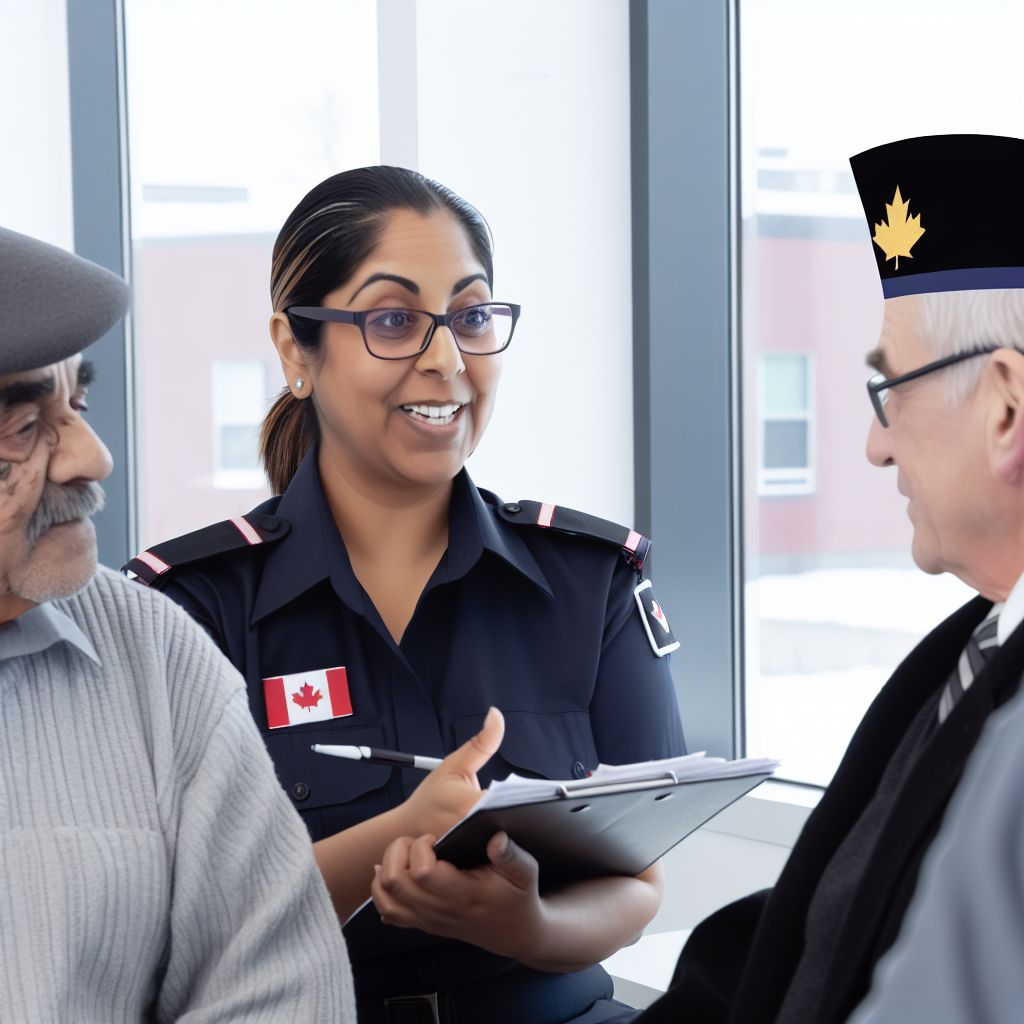
Training and Development Programs for New Officers
Overview of Training Programs
The training program for new Veterans Affairs officers starts with a comprehensive orientation.
This orientation covers core values and mission objectives of the department.
New officers gain insights into the unique challenges veterans face.
Additionally, they learn about available benefits and services for veterans.
Formal Education and Certification
New officers must complete mandatory training through accredited institutions.
This training often includes courses on social work and mental health.
Candidates should also pursue professional certifications to enhance their qualifications.
Such certifications improve understanding of veterans’ issues and federal regulations.
On-the-Job Training
New officers experience hands-on training with seasoned professionals.
This practical training equips them with essential skills for daily responsibilities.
Mentorship programs play an important role in their development.
Officers can observe and learn from experienced colleagues in real-world situations.
Continuing Education Opportunities
Ongoing education is vital for Veterans Affairs officers throughout their careers.
Workshops and seminars keep them updated on policy changes and new practices.
Online courses offer flexibility for officers to enhance their knowledge at their own pace.
Networking events also provide valuable resources and connections within the field.
Evaluation and Feedback
Regular performance evaluations help identify areas for improvement.
Feedback sessions foster a culture of continuous learning and growth.
These evaluations ensure that officers meet the department’s high standards.
As a result, the overall effectiveness of service delivery improves.
Explore Further: Top Challenges in the Veterans Affairs Officer Profession
Career Advancement Opportunities within Veterans Affairs
Starting Positions
Many begin their careers as case managers or assistant officers.
These roles provide hands-on experience in veterans’ services.
Additionally, these positions allow individuals to understand the processes involved.
Professional Development
Continuous learning is essential in this field.
Veterans Affairs Canada offers training programs for skill enhancement.
Training includes courses on mental health support and policy updates.
Furthermore, attending workshops can improve job performance.
Promotional Pathways
After gaining experience, many pursue senior officer roles.
These positions involve more responsibilities and leadership opportunities.
For instance, team leaders coordinate case management and supervise staff.
Moreover, senior roles may require expertise in veterans’ rights and benefits.
Networking and Mentorship
Networking is crucial for career advancement.
Connecting with experienced officers can provide valuable insights.
Mentorship programs within Veterans Affairs Canada are advantageous.
These relationships facilitate professional growth and development.
Pursuing Specialized Roles
Veterans Affairs also offers specialized positions.
These include roles focused on mental health, rehabilitation, or policy development.
Specializations can enhance job satisfaction and career trajectory.
Subsequently, these roles often come with additional training and responsibilities.
Resources and Support for Aspiring Veterans Affairs Officers
Educational Pathways
A strong educational background is essential for Veterans Affairs Officers.
Candidates should consider degree programs in public administration or social work.
Many universities offer specialized courses in veterans’ services.
Online courses can also provide flexibility for working professionals.
Internship Opportunities
Internships offer hands-on experience in veterans’ affairs.
Seek internships with organizations focused on veteran support.
Local government offices often provide internship programs.
Networking in these positions can lead to job opportunities.
Professional Associations
Joining professional associations can enhance your career prospects.
Organizations like the Canadian Veteran Affairs Association offer resources.
These associations provide networking opportunities and industry updates.
Membership can also grant access to workshops and seminars.
Mental Health Resources
Understanding mental health is crucial when serving veterans.
Free training programs are available online to educate on this topic.
Organizations such as the Canadian Mental Health Association provide valuable resources.
Utilize these resources to offer better support to veterans.
Community Involvement
Engaging with local veterans’ groups fosters community support.
Participating in events helps build important relationships.
Volunteering in veteran-focused organizations is highly beneficial.
This involvement demonstrates commitment to veterans’ well-being.
Government Programs
The Canadian government offers various programs for aspiring officers.
Research programs like the Veterans Affairs Canada Graduate Program.
These initiatives provide training and career development opportunities.
Staying informed about changes in government programs is important.
Additional Resources
Veterans Day Facts and Information – U.S. Department of Veterans …

